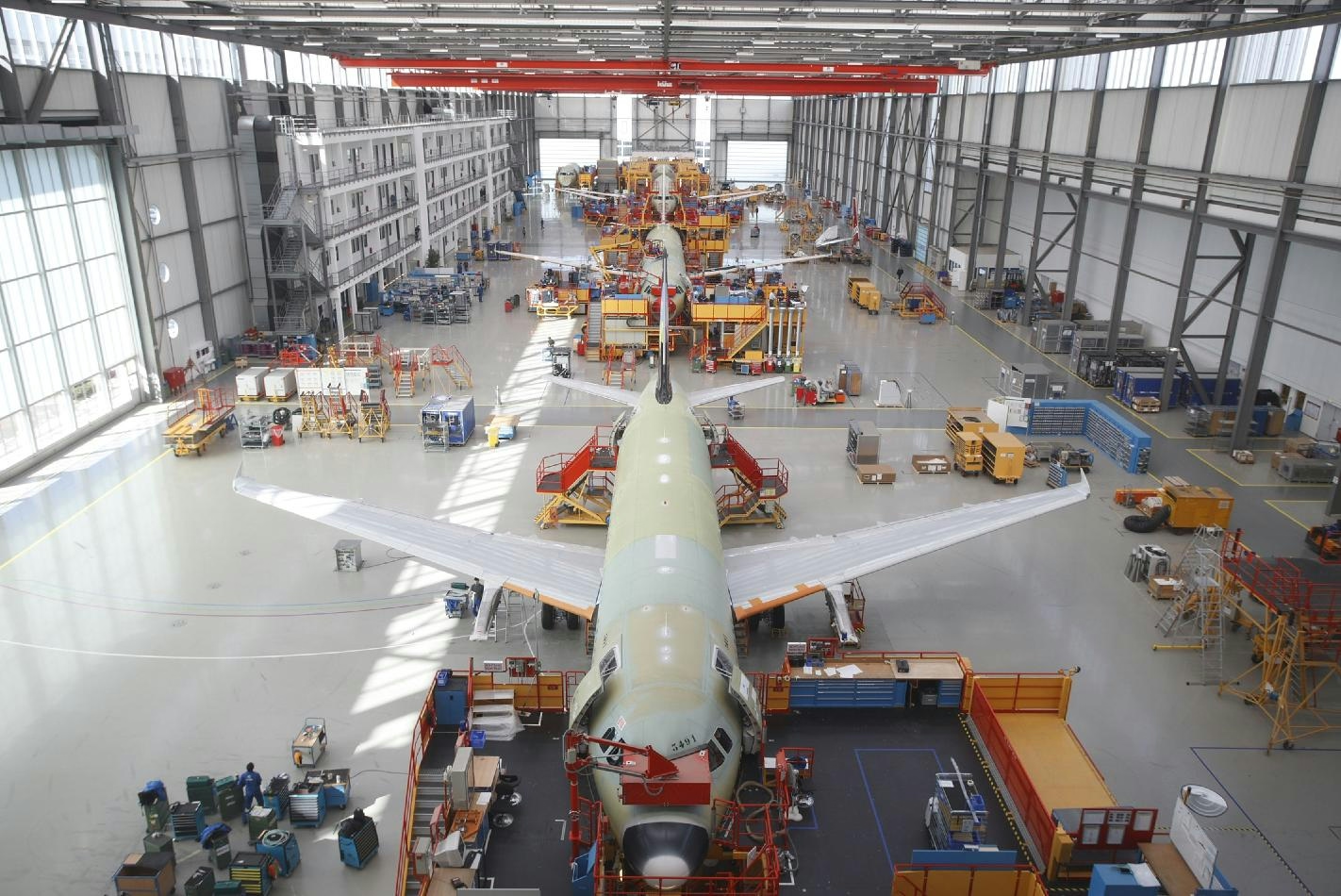AeroGenie — Uw intelligente copiloot.
Trending
Categories
Airbus A320neo Production Rises in September, Delivery Targets Still Challenging

Airbus A320neo Production Increases in September Amid Delivery Challenges
Airbus has accelerated production of its A320neo family in September, completing 53 aircraft by the 23rd of the month. This marks a significant improvement compared to previous months, reflecting the company’s efforts to boost output. However, industry analysts remain cautious, noting that this increase may still be insufficient for Airbus to meet its ambitious delivery targets for the year.
Delivery Targets and Production Hurdles
By the end of August, Airbus had delivered 434 aircraft in 2025, trailing behind last year’s pace when 447 units had been handed over by the same date. Despite this shortfall, Airbus has set a higher full-year delivery goal of 820 aircraft, up from 770 in 2024. To achieve this, the company must average 84 deliveries per month from September through December, a more demanding ramp-up than the previous year’s already challenging schedule.
A major impediment to meeting these targets is the ongoing engine supply shortage. Approximately 60 completed A320neo airframes, often referred to as “gliders,” are currently awaiting engines due to supplier delays. The timing of engine deliveries remains uncertain, casting doubt on whether these aircraft can be handed over to customers before the end of the year. The inclusion of these units would significantly aid Airbus in closing the gap toward its annual delivery goal.
Broader Production Context and Market Pressures
The A320neo family continues to be the cornerstone of Airbus’s delivery efforts, especially as other programs face difficulties. Production of the A350 has struggled, averaging only four aircraft per month against a target of six, despite initial plans to increase output to ten per month by year-end. Meanwhile, A220 production has stabilized at eight aircraft per month, with little prospect of a substantial increase before the close of 2025.
In response to these challenges, Airbus plans to inaugurate a second mobile assembly line for the A320neo in October. This expansion is part of a longer-term strategy to raise monthly production to 75 jets by 2027. While this development signals confidence in future growth, it offers limited immediate relief for the delivery pressures Airbus faces this year.
Market dynamics add further complexity to Airbus’s position. Boeing has already surpassed its full-year 2024 delivery total by August, indicating a strengthening competitive stance. At the same time, airlines such as TAP continue to report deeper losses despite some improvement in second-quarter results, highlighting ongoing volatility within the commercial aviation sector.
Forecast International, which defines an aircraft as produced upon its first test flight and delivered upon contractual handover, emphasizes the urgency confronting Airbus. With supply chain disruptions persisting and the calendar advancing, the company’s ability to meet its 2025 delivery targets remains uncertain despite recent production gains and planned expansions.

Emirates Unveils Cabin Design for New Boeing 777X

Eighteen Years On, the Airbus A380 Remains Central to a $34 Billion Airline

How a boom in luxury airline seats is slowing down jet deliveries

Navitaire Outage Attributed to Planned Maintenance

DigiYatra Debuts Outside Aviation at India AI Impact Summit

Vietnam Orders Strengthen Boeing’s Commercial Outlook

Airbus Signals Uncertainty Over Future A400M Orders

JobsOhio Awards $2 Million Grant to Hartzell Propeller for Innovation Center

Collins Aerospace Tests Sidekick Autonomy Software on YFQ-42A for U.S. Air Force CCA Program

How the Airbus A350-1000 Compares to the Boeing 777
